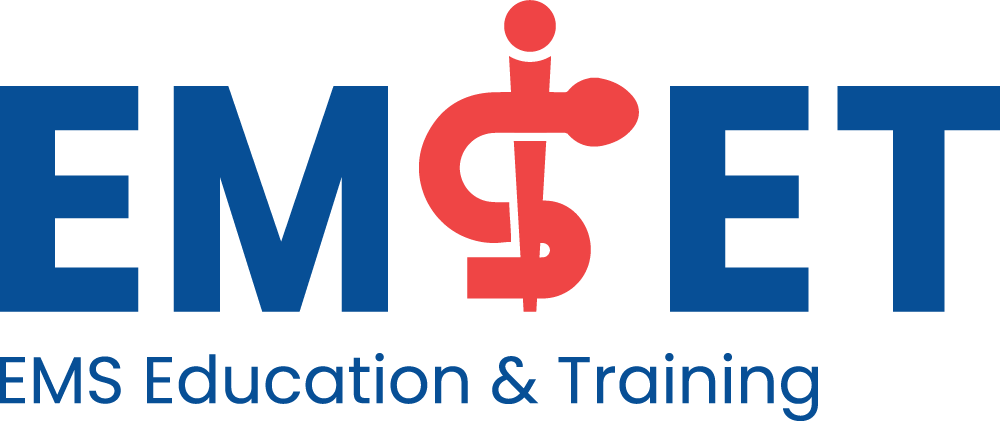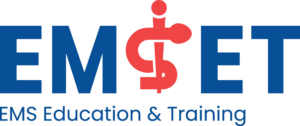This concise workshop titled “Ottawa Ankle Rules: Assessing the Need for X-Ray in Foot & Ankle Injuries” offers healthcare professionals a practical overview of the Ottawa Ankle Rules. It covers the criteria used to determine when x-rays are necessary for ankle and foot injuries, aiming to avoid unnecessary radiation exposure. Participants will learn to efficiently […]
This brief workshop titled “Ecstasy & Related Drug Use: Common Effects” delves into the pharmacological effects and health risks associated with Ecstasy (MDMA) and similar substances. It discusses the drug’s impact on the brain, common physical and psychological effects, potential for dependence, and harm reduction strategies. The session aims to equip healthcare professionals with the […]
This brief workshop, “Assessment of Burn Depth: Grading Table,” provides healthcare professionals with a comprehensive guide to evaluating burn injuries. It introduces a grading table that categorizes burns into superficial, partial thickness (superficial and deep), and full thickness, based on depth. The session covers the characteristics of each grade, such as appearance, sensation, and healing […]
This 60-second workshop on “Sepsis Facts” highlights the urgency of recognizing sepsis, a global health crisis caused by the body’s extreme response to infection. It covers early detection signs, the importance of rapid treatment with antibiotics and fluids, and prevention strategies. Aimed at increasing awareness, this session underscores sepsis as a medical emergency, emphasizing the […]
This quick workshop titled “Non-accidental Injury in Children: Red Flags” focuses on identifying and responding to signs of abuse or neglect in pediatric patients. It discusses common indicators, such as unexplained injuries, inconsistent explanations, delayed medical treatment, and behavioral changes. The session aims to equip healthcare professionals with the skills to recognize potential non-accidental injuries, […]
This brief workshop titled “Alcohol Withdrawal: An Overview” delves into the symptoms, stages, and management of alcohol withdrawal syndrome. It covers the importance of early recognition, monitoring for severe complications like delirium tremens, and the use of medication protocols for safe detoxification. The session aims to provide healthcare professionals with essential knowledge on supporting patients […]
This concise workshop on “Chest Auscultation: Lung Sounds” offers healthcare professionals a practical guide to interpreting various lung sounds during physical examinations. It covers normal breath sounds, and the identification and clinical significance of abnormal sounds, such as wheezes, crackles, and stridor. Participants will learn auscultation techniques and tips for differentiating between these sounds to […]
This quick workshop titled “Rewarming in Hypothermia: An Overview” provides essential insights into the strategies for safely rewarming individuals suffering from hypothermia. It covers passive and active rewarming techniques, indications for each method, and monitoring for complications. The session aims to equip healthcare professionals with the knowledge to manage hypothermia effectively, ensuring patient safety and […]
This concise workshop, “ECG Lead II Interpretation: 8 Steps,” guides healthcare professionals through a systematic approach to interpreting ECGs using Lead II. It covers essential steps including rate calculation, rhythm analysis, identification of P waves, PR interval measurement, QRS complex evaluation, ST segment assessment, T wave analysis, and QT interval review. This session aims to […]
This brief workshop titled “Atypical Chest Pain: What Is It?” explores the concept of atypical chest pain, differentiating it from classic signs of cardiac distress. It covers the various causes, such as gastrointestinal, musculoskeletal, or psychological factors, and the importance of a thorough assessment to identify the underlying cause. The session aims to equip healthcare […]

